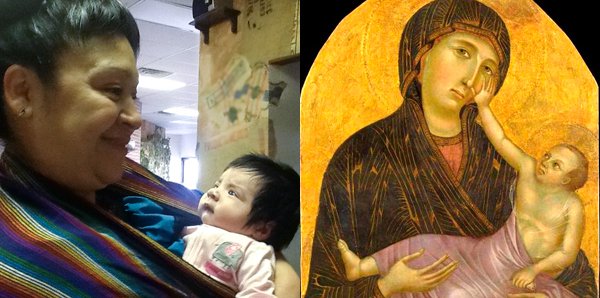I am using “myth” in the sense that historian Yuval Harari assigns to myth in his book, “Sapiens.” For him, myth is not a derogatory term, implying fraud or delusion, far from it. Myths are the glue that binds societies together, small tribes as well as countries or supranational entities.

This is consistent with Robert Wright’s thesis, in “The Evolution of God”: The notion of divinity slowly developed as small tribes turned into larger and larger social organizations, in order to make up for the loss of social regulation that used to result from personal interaction in a small tribe.
The myths we live by
We are accustomed to thinking in these terms when we talk about primitive societies, held together by their religious myths. But, for Yuval Harari, this is not limited to the religious or spiritual realm. Myths are not the exclusive property of primitive societies. The more complex the culture, the more deeply rooted the myths.
For instance, money is such a myth. It does not have an intrinsic value, and it gets its value by the trust that people have in it. A dollar bill is a worthless piece of paper unless there are people that believe in it enough to give you substantial goods in exchange for it.
In describing the pillars of society as myths, Yuval Harari is not saying that they are illusions that we should eliminate. Quite the contrary. His point is that human cultures simply could not function without these myths. This is why I prefer to refer to these constructs as our Collective Implicit, rather than myths.
One of the ways that the Collective Implicit manifests is as faith healing, in a broad sense of faith that does not just include religious faith.
See also:
– How therapy practice can be seen as a neo-shamanic healing journey
– Harnessing the power of the placebo effect
– Understanding social myth: Why it’s so hard to find common ground & how to do it.